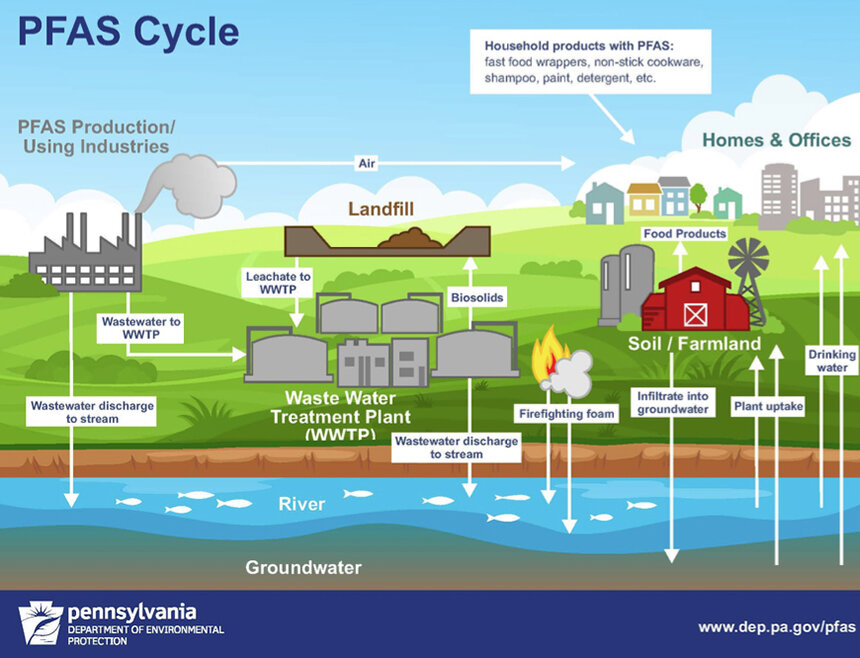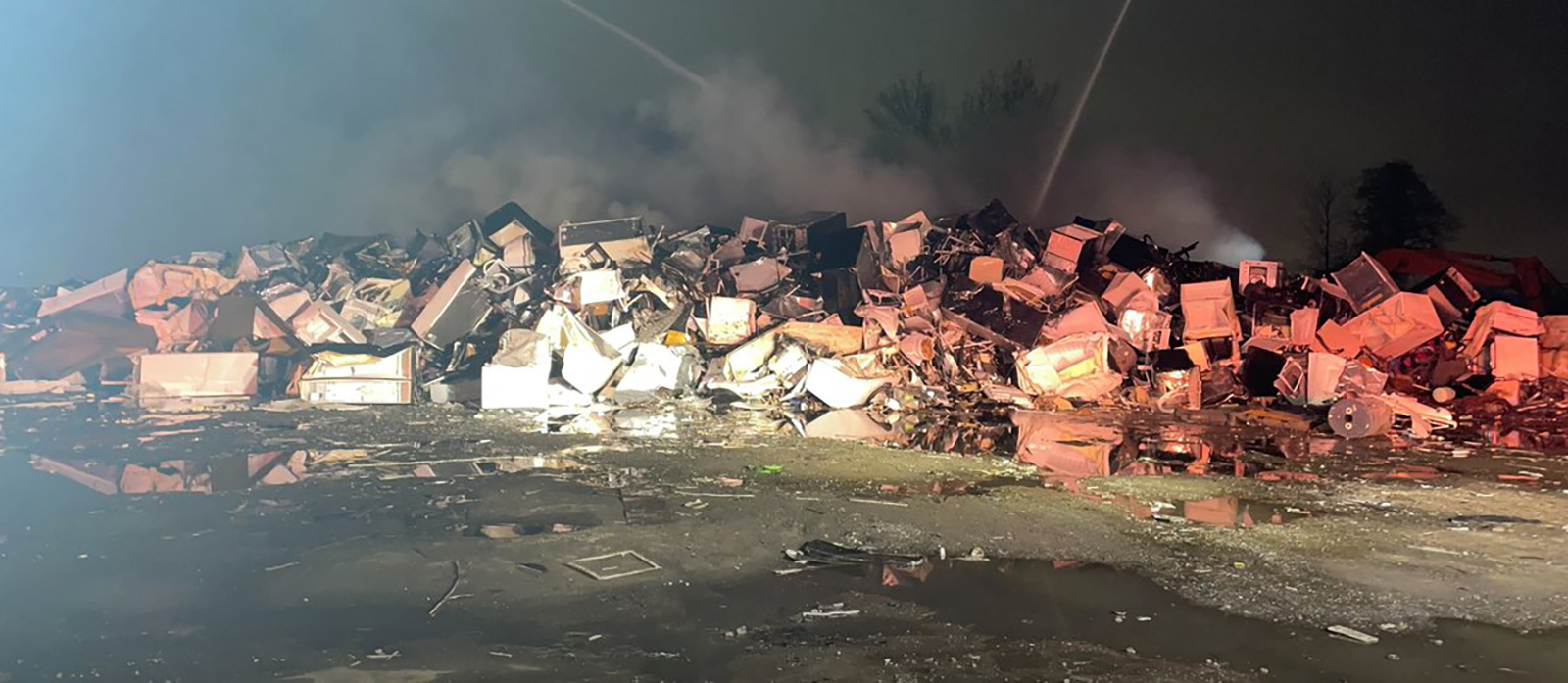Cesspools Targeted as Beach Closings Spike
June 29, 2013
Narragansett Bay is much cleaner than it once was, but beach closings are way up this year. So far this season, 61 closures days have been announced by the Department of Health (DOH). Only 54 beach closures occurred in all of 2012.
The DOH attributes the spike in closures to the nearly 11 inches of rainfall in recent months. Rain washes stormwater, wastewater and runoff into the bay from streets, overflowing storm drains and sewage treatment plants.
Bacteria from cesspools is a persistent contributor to water pollution. Cesspools are simply metal or concrete barrels with holes or rock formations that lack any capacity to treat sewage. Installations mostly ended in 1970. Yet, according to the state Department of Environmental Management (DEM), some 25,000 remain in use in Rhode island.
While many municipalities have installed sewer lines and require less harmful wastewater treatment systems and septic systems, many of the state’s failed cesspools are tainting wells and contributing to surface runoff.
“We hear about beach closures from the Department of Health every time it rains as stormwater enters the bay,” said Tom Kutcher, Narragansett Baykeeper for Save The Bay. “Less visible, but equally harmful, is the leaking of waste from cesspools into the watershed. It all eventually makes its way into the bay.”
The Cesspool Act of 2007 required the replacement of cesspools located near shorelines, wells and reservoirs. But exemptions have been added, such as a break granted in 2012 to delay sewer connections in Warwick.
A bill (H6031) being advanced in the waning days of 2013 session of the General Assembly would have required all cesspools owners to upgrade to newer on-site wastewater treatment systems (OTWS) or tie into a public sewage pipe within a year of the sale or transfer of a home.
The cost of connecting to a sewer system runs between $1,000 and $2,000. The price of a new septic system is as high as $15,000. Advocates for the bill say the act encourages the expense to be paid during the sale of property.
“When people are moving this is the type of investment to make because the money is on the table,” said the bill’s sponsor, Rep. Teresa Tanzi, D-South Kingstown.
Jane Austin of Save The Bay said connecting to septic systems is a civic responsibility. Property owners who have already paid to replace their cesspools by connecting to a sewer system are subsidizing the municipal service through their sewer bills, she said. “People who have tied in are paying that cost all along,” Austin said.
Tanzi said beach closures aren’t just a health problem but an economic setback for the tourism industry. “One lost day in a three-month beach season is significant,” she said.
Categories
Join the Discussion
View CommentsRelated Stories
Your support keeps our reporters on the environmental beat.
Reader support is at the core of our nonprofit news model. Together, we can keep the environment in the headlines.
We use cookies to improve your experience and deliver personalized content. View Cookie Settings



